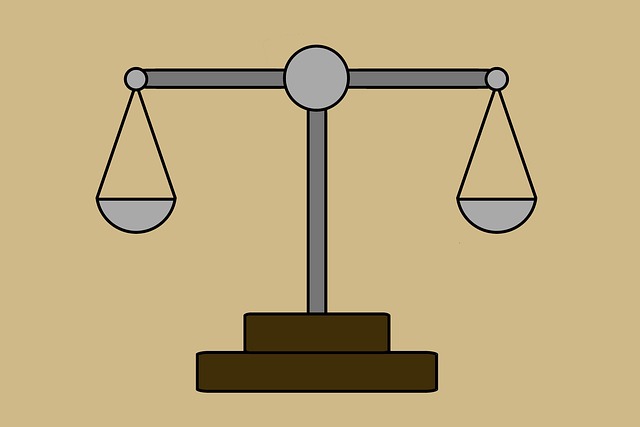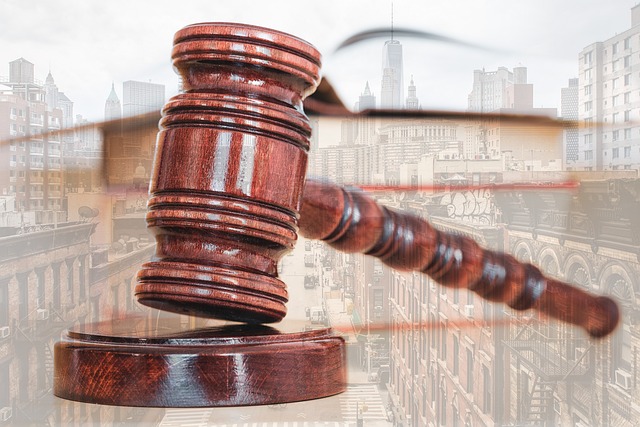Defamation of character lawsuits arise from false statements damaging an individual's reputation. To prove these cases, one must show specific false statements, their communication, and resulting harm. Avoiding indictment involves navigating the legal process accurately representing facts. Defamation of Character Legal Advice is crucial for individuals and businesses facing slander or libel, with high-stakes cases requiring a deep understanding of state and federal laws. Seeking specialist advice protects rights, guides through complex procedures, and mitigates severe consequences impacting professional and personal life, especially in white-collar crime cases.
“Defamation of character lawsuits are a complex yet critical aspect of civil litigation, involving significant legal and reputational consequences. This article guides you through the intricate world of defamation law, offering insights into its key components. We’ll explore various types of litigation stemming from defamation cases, emphasizing the importance of seeking expert defamation of character legal advice. Understanding these elements is crucial for both plaintiffs and defendants in navigating the legal landscape effectively.”
- Understanding Defamation of Character Lawsuits: Definitions and Elements
- Common Types of Litigation Arising from Defamation Cases
- Seeking Legal Advice for Defamation of Character Claims
Understanding Defamation of Character Lawsuits: Definitions and Elements

Defamation of character lawsuits are a specific type of legal action where an individual or entity makes false statements about another party, damaging their reputation and credibility. This form of litigation is a serious matter as it involves protecting one’s good name and standing in society. The key element here is proving that the accusations made were not only false but also communicated to others, causing harm.
Understanding the intricacies of defamation law is crucial for anyone seeking legal advice, especially corporate and individual clients alike. The elements required to prove a defamation case include showing that specific statements were made, these statements were false or misleading, and there was actual harm or damage to reputation resulting from their dissemination. It’s important to note that avoiding indictment isn’t just about the legal process but also understanding your rights and responsibilities in ensuring accurate representation of facts.
Common Types of Litigation Arising from Defamation Cases

In the realm of defamation of character legal advice, several common types of litigation emerge as a result of disputes that can have far-reaching consequences. When an individual’s reputation is wrongfully damaged through false statements or publications, it often leads to legal action. One of the most prevalent types of defamation cases involves slander, which refers to verbal statements that harm one’s reputation, and libel, the written equivalent. These cases can range from personal conflicts to high-stakes business disputes, where a single comment or publication may result in significant financial losses and lasting damage.
White collar defense strategies often come into play in such scenarios, as companies and individuals seek to protect their public image and mitigate legal repercussions. Winning challenging defense verdicts in defamation cases is not uncommon, especially when the accused can prove the truth of the statements or demonstrate a lack of malicious intent. However, high-stakes cases require meticulous planning and an understanding of both state and federal laws governing defamation, as the consequences can be severe, impacting not just financial assets but also personal freedom.
Seeking Legal Advice for Defamation of Character Claims

When facing a defamation of character claim, seeking legal advice is crucial. This is particularly true for high-stakes cases where reputation management can be a game-changer. A skilled attorney specializing in defamation law can help navigate the complexities involved in such cases, which often require a deep understanding of both civil and criminal procedures. They can guide their clients through the process, ensuring that their rights are protected and that they have a strong defense strategy in place.
Defamation of character legal advice is invaluable when dealing with accusations that can significantly impact an individual’s professional and personal life. Whether it’s related to white-collar or economic crimes, an experienced lawyer can help distinguish between honest opinions and false statements, which is a key distinction in defamation cases. By understanding the nuances of the law, these professionals can advocate for their clients’ interests and help mitigate potential damages, especially when dealing with sensitive matters that could affect future opportunities.
In understanding and navigating defamation of character lawsuits, recognizing the various litigation types that can arise is essential. From slander and libel claims to more complex scenarios, each case presents unique challenges. Seeking specialized legal advice for defamation matters is crucial in protecting one’s rights and ensuring a robust defense. By consulting experts in this field, individuals can gain valuable insights into their options, whether it involves responding to accusations or pursuing compensation for reputational harm. This knowledge empowers them to make informed decisions regarding their legal strategies, especially when seeking appropriate defamation of character legal advice.






